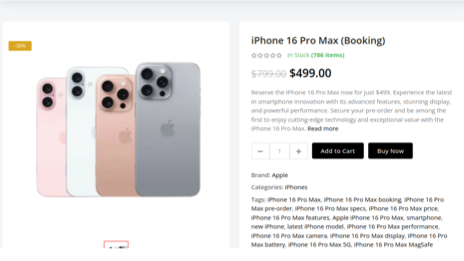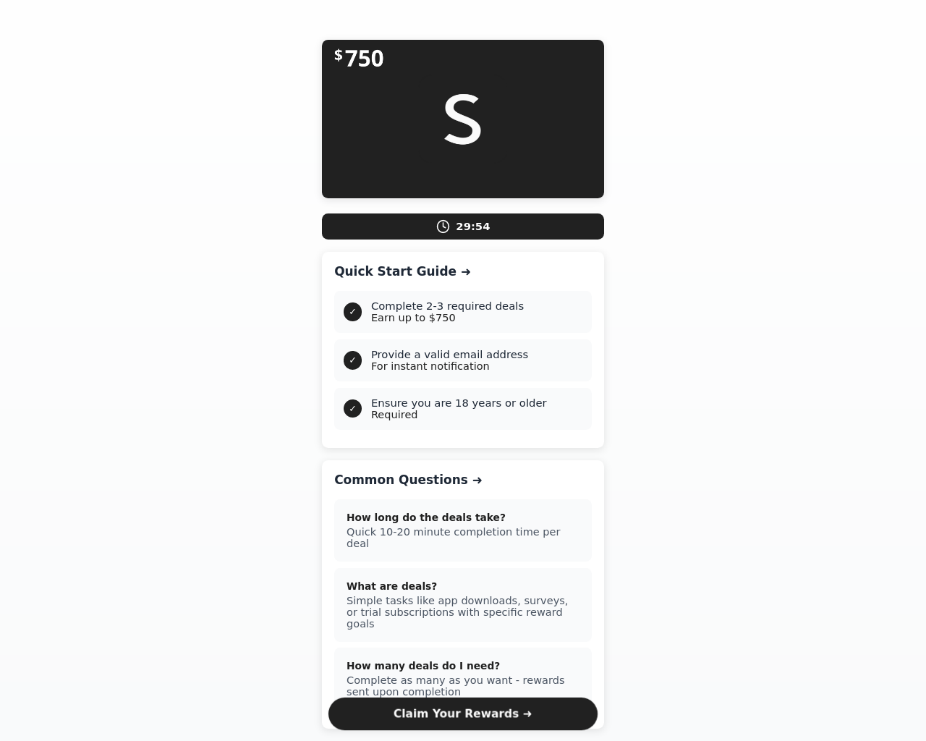Young Gen Z Nigerians are increasingly becoming prime targets for cybercriminals who are exploiting their social media habits, love for fast fashion, and reliance on digital mental health tools to launch phishing attacks, Kaspersky, a cybersecurity firm, says in a new report.
Internet usage in Nigeria stands at 1,043,431.98 million Terabytes (TB) as of May 2025, according to data from Nigeria’s telecoms regulator, the Nigerian Communications Commission (NCC).
With Nigeria home to a large and digitally engaged Gen Z population, and among the fastest adopters of mobile internet, the cybersecurity firm says youths are especially at risk of being tricked into fake websites and malicious apps disguised as trending content.

Internet usage in Nigeria stands at 1,043,431.98 million Terabytes (TB) as of May 2025, according to data from Nigeria’s telecoms regulator, the Nigerian Communications Commission (NCC).
Gen Z are “the most Internet-savvy generation yet”
In a statement seen by Technology Times, Kaspersky says it aims to raise awareness among Gen Z, “the most Internet-savvy generation yet,” who are “born and raised in a world of fast-evolving technology” and “shaping and redefining the digital landscape” through its interactive online game “Case 404.”
“Trends may evolve rapidly, but the underlying cyberthreats remain constant,” says Anna Larkina, privacy expert at Kaspersky, in the statement. “Whether it’s leveraging Gen Z’s love for online shopping, capitalising on the urgency created by FOMO or targeting the growing use of mental health apps, attackers are quick to turn popular behaviours into opportunities for phishing, scams and data breaches.”

Kaspersky also warns that Fear of Missing Out (FOMO) drives many young people to click on suspicious links. “Seeing peers attend events, acquire new products or achieve milestones can lead to feelings of inadequacy or exclusion,” the company says. Whether it is a new iPhone launch or concert tickets for a Taylor Swift tour, scammers exploit this urgency with fake event tickets, phishing pages and “leaked” insider deals.
According to Kaspersky, Gen Z’s habit of sharing their lives on platforms like Instagram, TikTok and Snapchat creates an extensive digital footprint. Photos that reveal home addresses or routines or even seemingly innocent posts featuring pets or partners can help criminals guess password recovery questions or tailor social engineering attacks.
Kaspersky also warns that Fear of Missing Out (FOMO) drives many young people to click on suspicious links. “Seeing peers attend events, acquire new products or achieve milestones can lead to feelings of inadequacy or exclusion,” the company says. Whether it is a new iPhone launch or concert tickets for a Taylor Swift tour, scammers exploit this urgency with fake event tickets, phishing pages and “leaked” insider deals.
The same risks apply to Gen Z’s fast-fashion habits. The report says, “Fake shopping websites, hoax promo codes and phishing ads capitalise on their popularity, using convincing imitations to lure users into entering their sensitive details.” For instance, popular brands like Shein, ASOS and Fashion Nova often become bait for copycat sites that harvest credit card information.
Kaspersky says Gen Z’s fascination with early 2000s aesthetics, from Y2K outfits to childhood games like The Sims 2 and Bratz Rock Angelz, also makes them targets. “Searching for unofficial downloads often leads users to malware-infested sites,” the company warns, adding that “cybercriminals target this niche interest by embedding malicious software into counterfeit game files.”

Citing public research from The Guardian that “one in three 18- to 24-year-olds now report symptoms indicating they have experienced such mental health problems,” Kaspersky highlights the growing use of digital therapy tools and mental health apps among Gen Z. But these platforms store deeply personal information from therapy notes to emotional states which if breached, “could be exploited for blackmailing or phishing.”
Larkina urges Gen Z to take basic precautions. “Start by taking control: verify links and websites before engaging, use strong, unique passwords and enable two-factor authentication for an extra layer of security,” she says. “Be mindful of what you share online — and most importantly, remember that staying informed is your best defense. Cybersecurity isn’t just about responding to threats; it’s about empowering yourself to navigate the digital world confidently and safely.”
Kaspersky also recommends choosing mental health apps with strong privacy policies, being wary of urgent online offers and double-checking website URLs to avoid fake domains.
Source of Article
